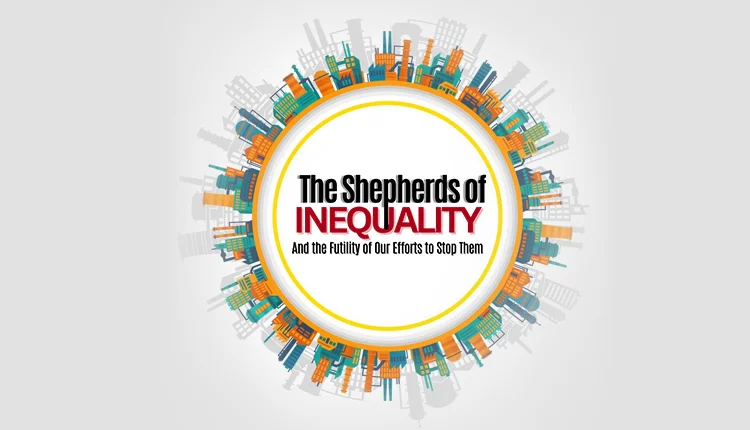New book shares the societal impacts of dirty money, and suggests that more could be done to prevent it
After more than 20 years in the financial industry, Dawn Pretorius believes that the current anti-money laundering initiatives are not enough to deter or punish criminals. In her newest book, “The Shepherds of Inequality: And the Futility of Our Efforts to Stop Them,” she shares her research on newsworthy money-laundering cases from the years of 2017 to 2022, and the methods that criminals use to launder money.
Fintech Insights: Hyper-personalization in Banking: The Tech Journey to Serving a Segment of One
“Money laundering is pervasive,” Pretorius said, “and yet some of the main protectors of society, such as governments, bankers, auditors, and big companies are the architects and beneficiaries of money laundering. This causes serious inequality in many countries around the world. The result is increased poverty, lower quality of education, war, and famine, as these criminals siphon money away from communities.”
Criminals utilize tactics such as human trafficking, bribery, and more to achieve their goals. Pretorius believes that their continued success is due to the bureaucracy of compliance initiatives that cost financial services valuable resources and money, yet do not have particularly high success rates.
“I firmly believe that the legislation applied globally on anti-money laundering is insufficient and ineffective in dealing with money laundering,” Pretorius said. “The wealthy are given many legal privileges in the form of taxes, company structures, shell companies and more that continue to perpetuate the problem and foster a culture of greed. These aspects continue to be protected, to society’s detriment. The world is on the wrong path to minimize money laundering.”
Read More About Fintech Interviews: How Blockchain-Powered Ecosystems Are Poised to Transform the Agricultural Sector
[To share your insights with us, please write to pghosh@itechseries.com ]
